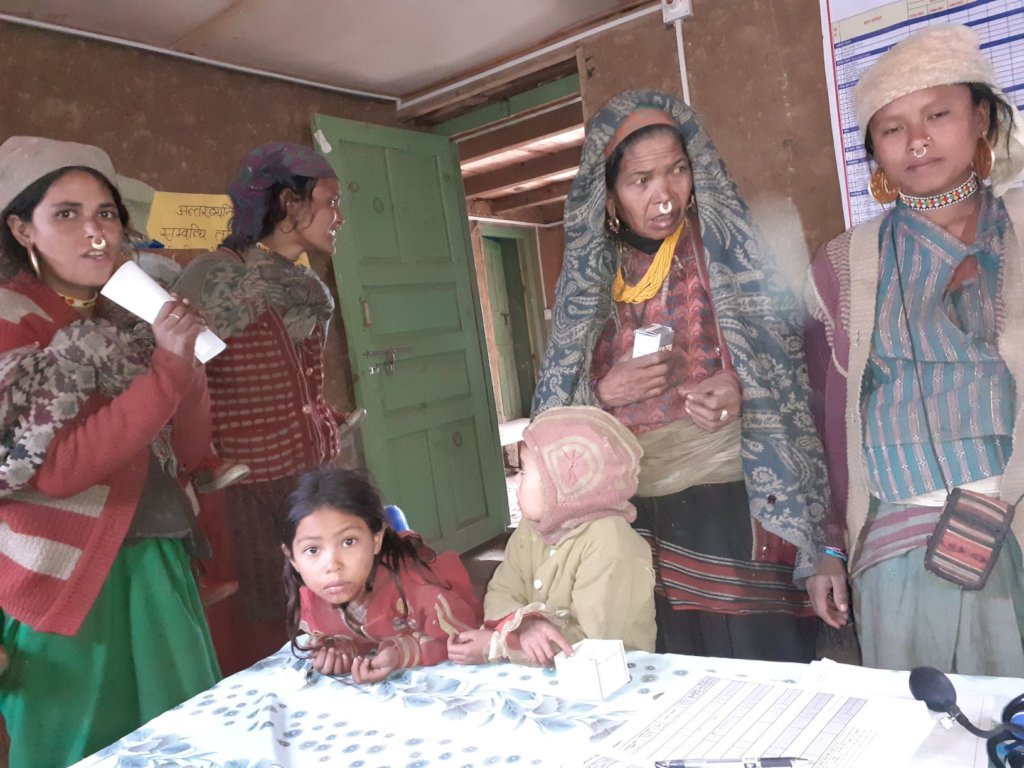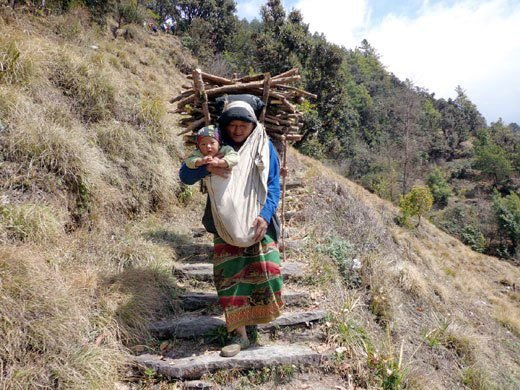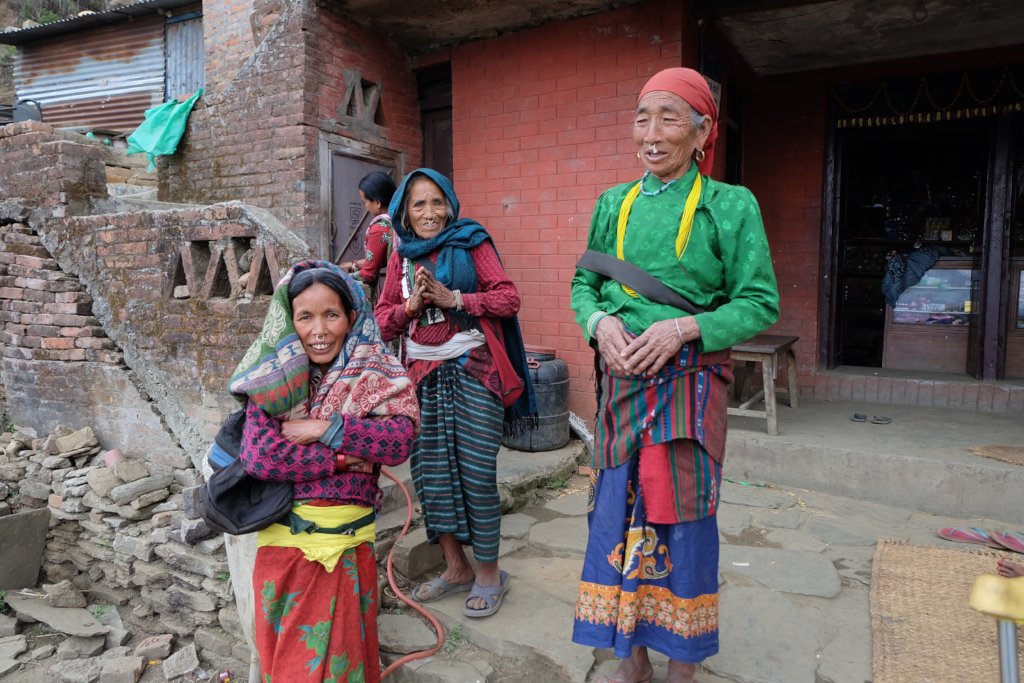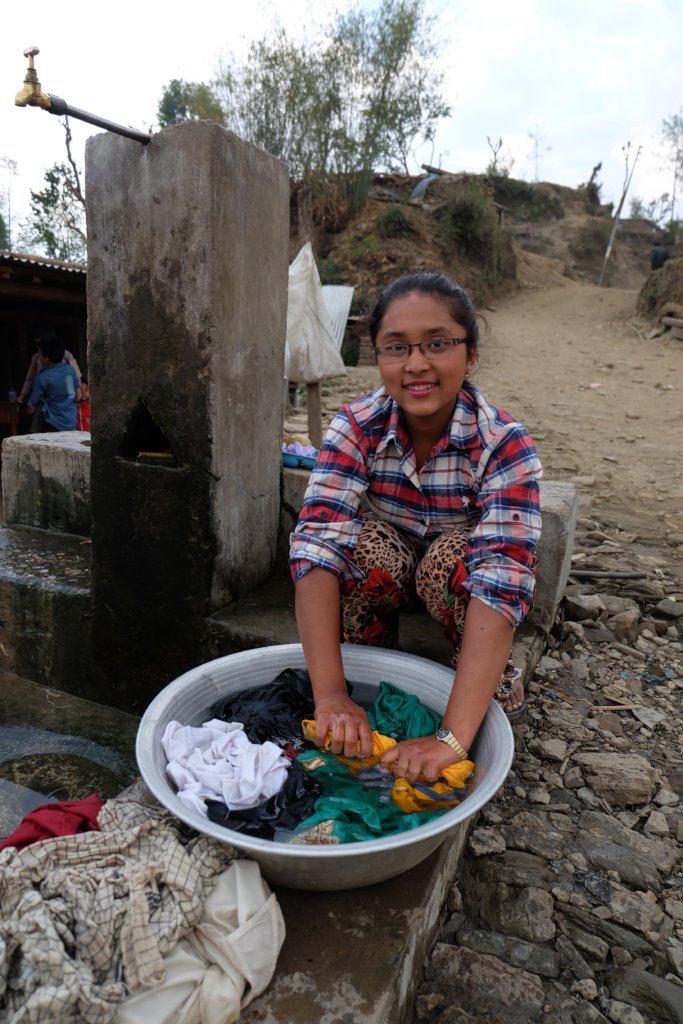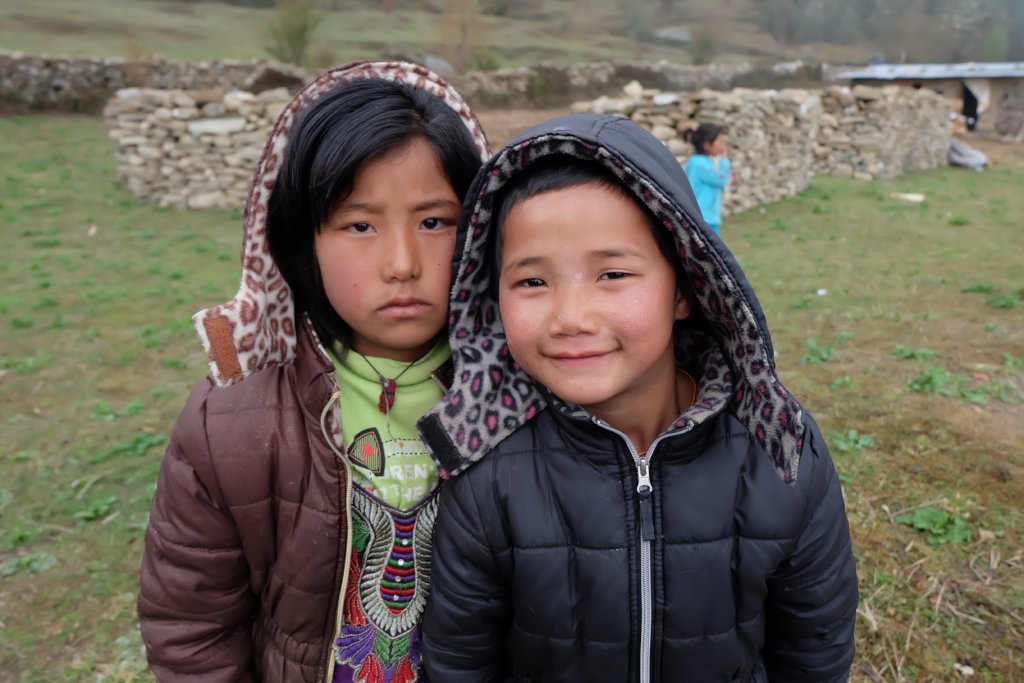By Tony Sharpe | Project Leader
Dear friends and supporters.
Since our last report the Covid 19 pandemic has taken a grim hold in Nepal. New cases are expanding daily as the impact of economic migrants, trying to get back to their home villages in Nepal, takes hold. Stringent lock down rules have been imposed and schools closed. It is not possible for us to implement our project objectives at the present time. We have no idea for how long and hope that it will be relaxed soon without too much hardship and suffering. Life in the hills is tough at the best of times.
Following is a personal report giving the reasons why this project is so important for women and girls and the future prosperity of Nepal.It highlights the historical beliefs and the barriers that make change so difficult to achieve.
'Fourteen year old Indira's biggest fear is getting a stain on her clothes while on her period. 'Once, at school, when I found out there was a blood stain on my white skirt I tried to cover it by pouring blue ink on it, but my male classmates saw me and made fun of me. I was very embarrassed'. At home too she has never discussed menstruation issues with the male members of her family.
When she gets her period she subtly informs her mother who then informs her father and brother by saying she has become 'na chune' - basically untouchable for the duration of her menstrual period.
Menstruation continues to remain taboo throughout Nepal and not just in rural areas where Chhaupadi persists. Chhaupadi is the practice of banishing menstruating women to sheds to live in isolation. It has highly prevalent in the western districts , including where the Nepal Trust is working, despite being outlawed in 2005 and criminalised in 2017 and continues to kill women each year. Even in urban areas and educated households, social ostracisation in the form of na chune remains.
According to gender rights activists the primary reason why such outdated practices continue is because Nepal remains very much a patriarchal society. The male aversion to menstruation has to be addressed. Menstruation is rarely addressed by men so they lack knowledge and an understanding of the topic. It is a challenge for most boys and men to understand menstruation because of the secrecy surrounding it and the limited information they have access to, much of which can be very inaccurate. Since no one talks to boys and young men about menstruation they end up observing social practices at home and internalise the behaviour as normal. 'In reality, it is a form of violence against women'.
Even in school menstruation is not openly discussed and although there are lessons related to reproductive health and menstruation in the 8th Grade Health text book the topic is rarely discussed at length, with most teachers choosing to gloss over the subject due to their own embarrassment.
Dismantling deep-rooted practices such as Chhaupadi requires the active participation of men and their realisation that menstruation is a perfectly normal bodily function that leads to a healthy society and not one to be feared.'
These are the issues that need to be addressed before any real change is apparent. Once we get the all clear from lock down we will be working hard with our partners in Baglung district to educate men, boys and the old traditionalists to not fear what is a perfectly normal bodily function.
We are very grateful for your help and support and hope that you will continue with us. This is a big project that is trying to change a belief and a tradition that is deeprooted in society. The seed is there - we just need to water it!
Namaste
By Tony Sharpe | Project Leader
Project reports on GlobalGiving are posted directly to globalgiving.org by Project Leaders as they are completed, generally every 3-4 months. To protect the integrity of these documents, GlobalGiving does not alter them; therefore you may find some language or formatting issues.
If you donate to this project or have donated to this project, you can receive an email when this project posts a report. You can also subscribe for reports without donating.
